Exploring what works for ECD programs in humanitarian and development contexts in Ethiopia and Uganda
The AfriChild Centre has embarked on the inception of a 3-year project that aims to develop capacity for child-focused research, evaluation, and advocacy for Early Childhood Development (ECD) in refugee settings. This will be done by contributing evidence for effective policies and programs both in Uganda and Ethiopia.
With support from the Conrad N. Hilton Foundation, The AfriChild Centre is implementing a 3-year project (2022-2025) in Uganda (Nakivale Refugee Settlement) and Ethiopia (Bambasi Refugee Camp). The project “Strengthening Research and Evaluation Capacity for evidence-driven Policies and Programmes to Improve Refugee Child Well-being in Africa” is being rolled out in 3 phases, including 1) the formative research phase, 2) the co-designing phase (a community-led Early Childhood Development (ECD) intervention), and 3) intervention, and evaluation of a community-led ECD intervention.
This project aims at generating culturally relevant evidence that will contribute to improved implementation of ECD programmes in humanitarian and development settings. The project uses integrated research designs including formative and applied research methodologies. It will also use the conceptual framework of ECD implementation research in humanitarian settings and RE-AIM (Reach, Effectiveness, Adoption, Implementation, and Maintenance).
Our team visited Nakivaale Refugee Settlement in Isingiro District - Western Uganda, meeting with the district officials and ECD Centre leaders within and around the settlement, to discuss collaborative learning and implementation of the project.
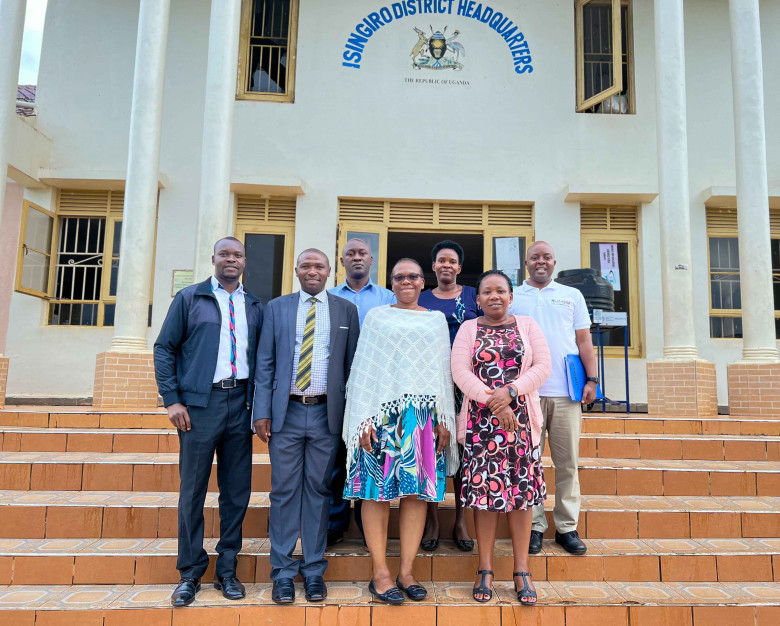
The AfriChild Centre team meet Isingiro District Local Gov't officials in charge of ECD
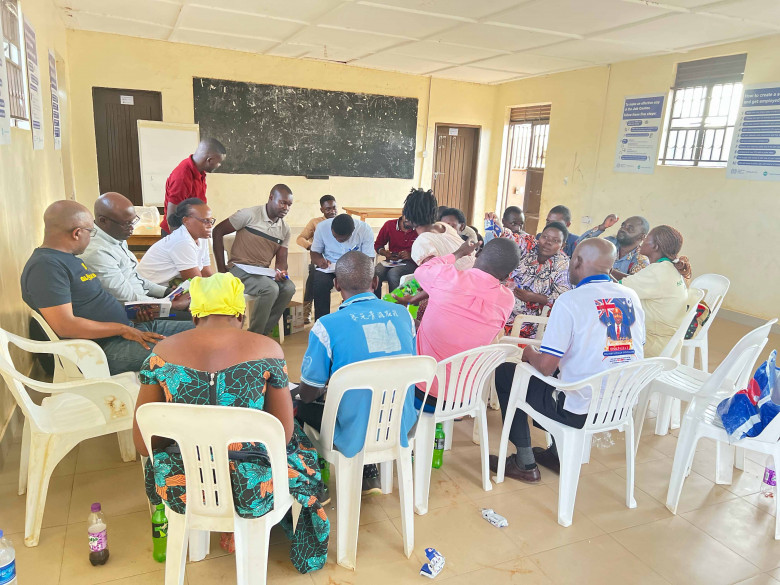
A meeting with ECD Centre leaders in Nakivale Refugee Settlement, Isingiro District









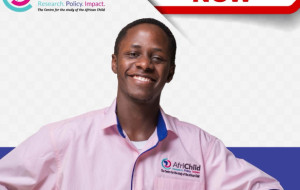
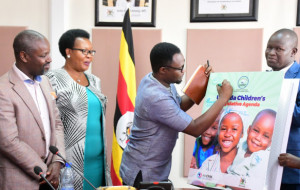
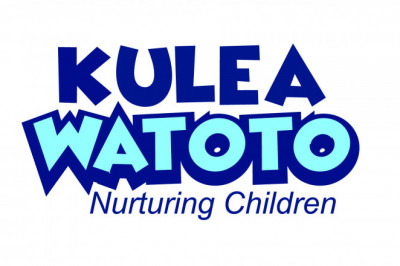
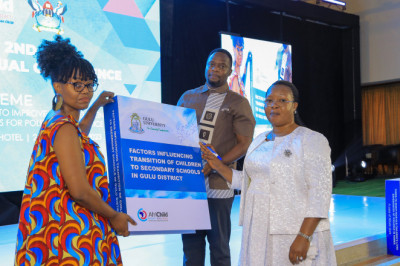
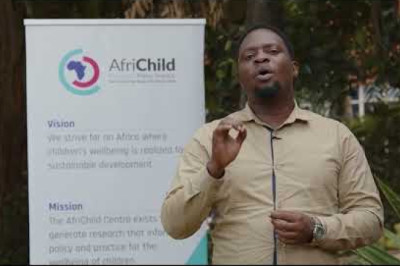
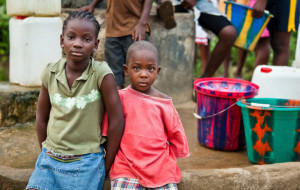
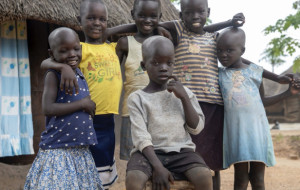
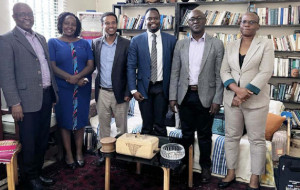

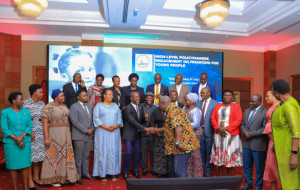
Comments
0 comment